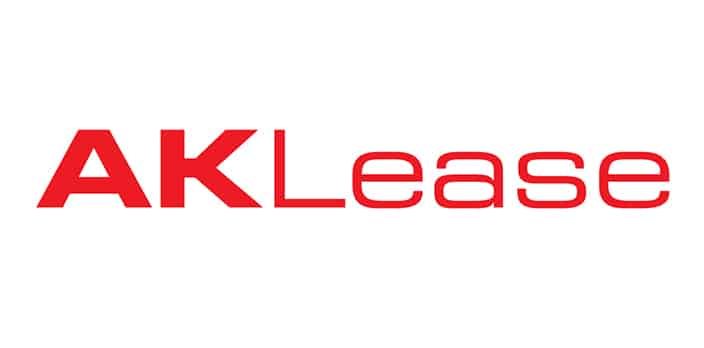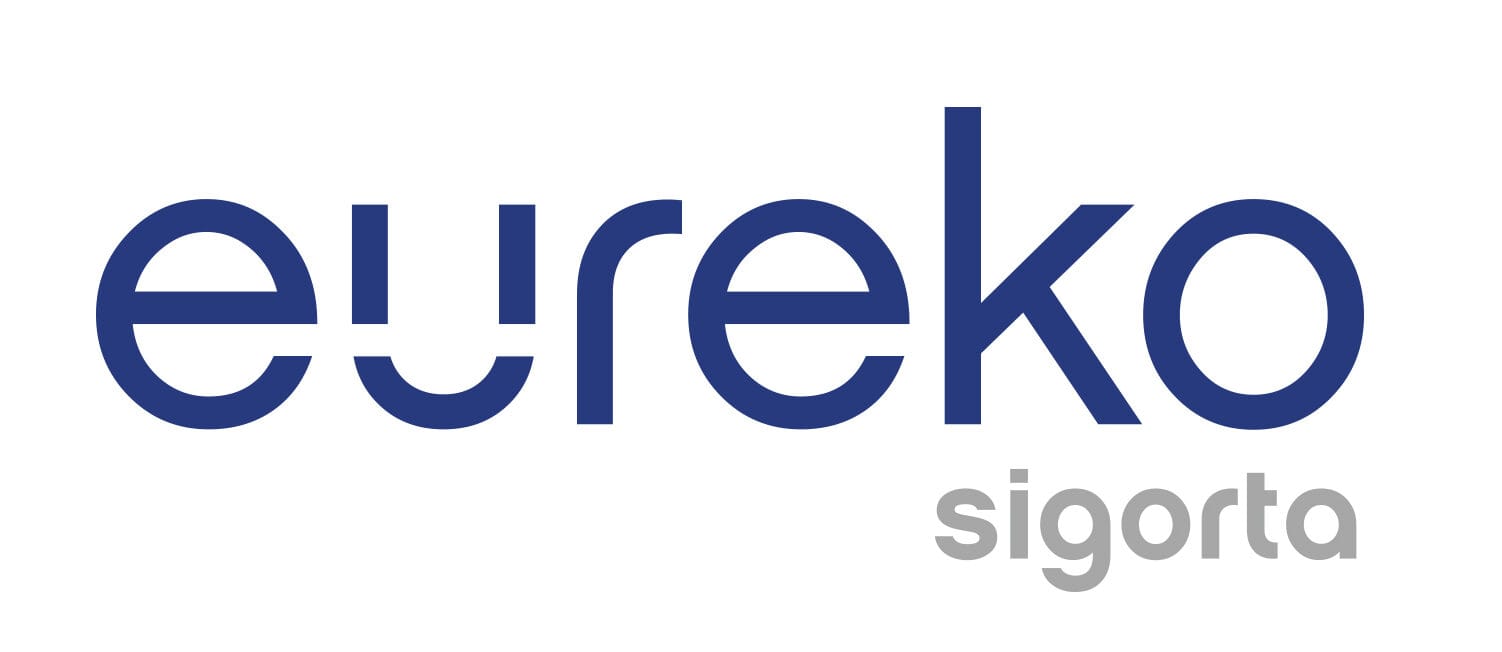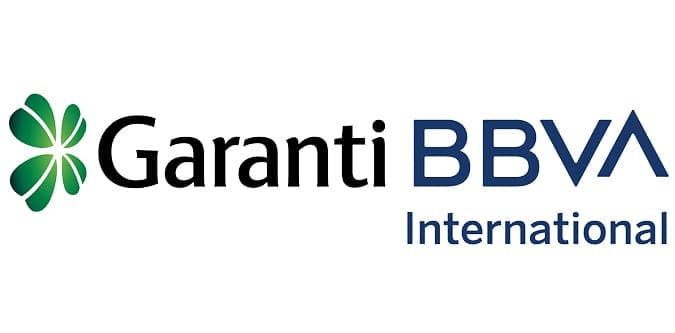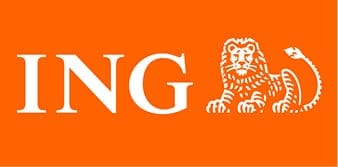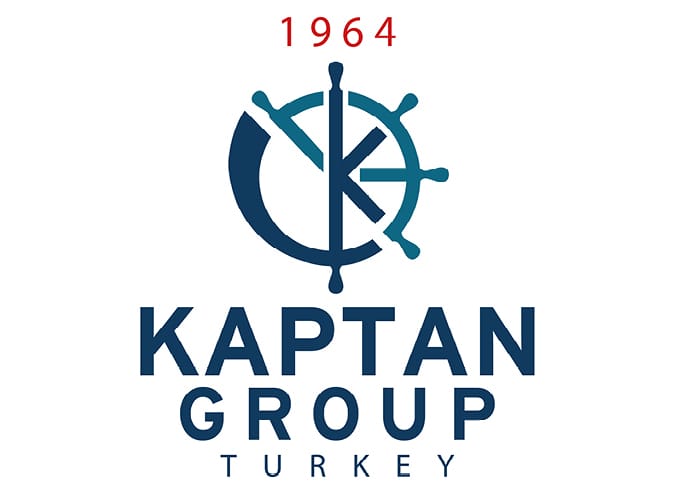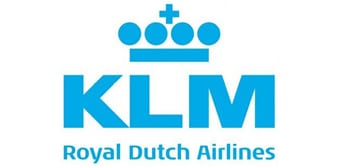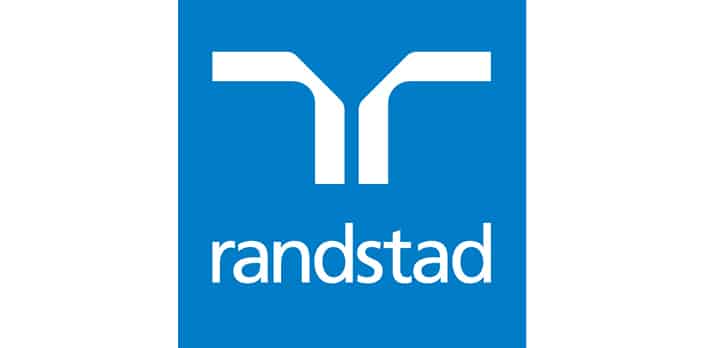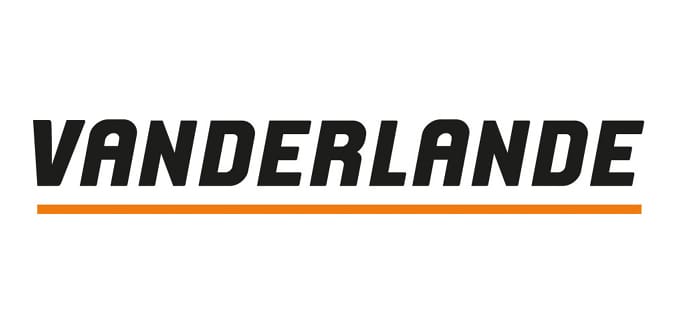About Turkey
Turkey is a transcontinental country located in Southeastern Europe and Southwestern Asia bordering the Black Sea. Neighboring countries include Armenia, Azerbaijan, Bulgaria, Georgia, Greece, Iran, Iraq, and Syria. Turkey has a strategic location controlling the Turkish Straits that link the Black and Aegean Seas. The geography of Turkey consists of narrow coastal plains in the west that become increasingly rugged as they progress eastward. The government system is a republican parliamentary democracy; the chief of state is the president, and the head of government is the prime minister. Turkey has a mixed economy in which there is a growing private sector combined with centralized economic planning and government regulation.
- The Turkish economy, from 2003 to 2018, has posted record growth and climbed from 18th place to 13th globally. Over the past 16 years, Turkey has put in a noteworthy performance by increasing the size of its overall economy from USD 236 billion in 2002 to USD 784 billion in 2018.
- Turkey’s economic growth over the past 16 years has been driven by a robust domestic market and an entrepreneurial private sector that combined have spurred investments and exports.
- With an eye-catching 10 percent average annual growth in exports, Turkey has outpaced the world performance and increased its export volume from USD 36 billion to USD 168 billion over the past 16 years.
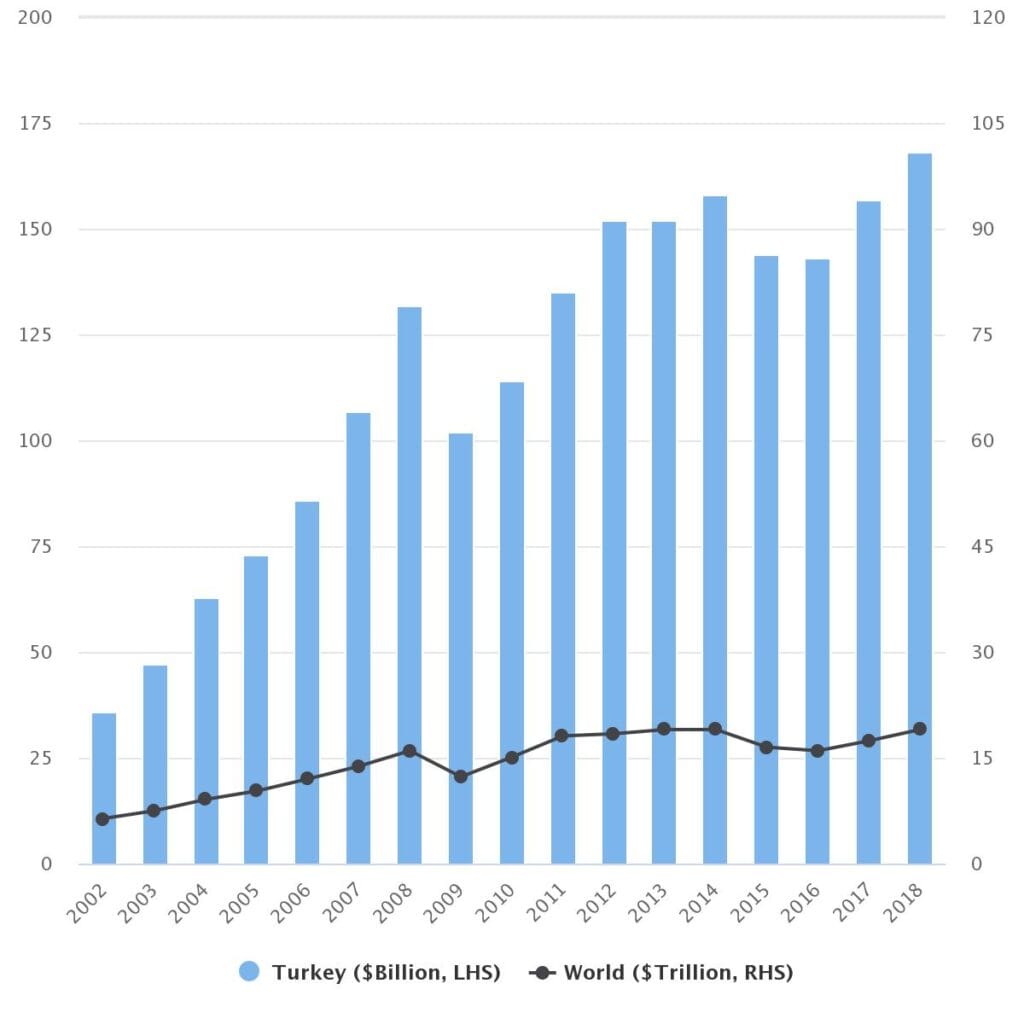
- Turkey is the 11th largest economy in terms of GDP per capita among countries with population over 50 million. More than 23 urban centers, each with populations of over 1 million, support Turkey’s thriving domestic market through their production of goods and services. In terms of population, Istanbul is the largest city in Europe.
- Turkey offers close proximity to major markets and easy access to 1.5 billion people and a combined market worth of USD 24 trillion GDP in Europe, MENA, and Central Asia within a 4-hour flight radius.
- Turkey’s strategic location enables easy reach to markets across 16 different time zones, from Tokyo to New York.
- Multinationals are increasingly choosing Turkey as a preferred hub for manufacturing, exports, as well as management. Turkey also serves as a management hub for several multinational companies.
- Turkey offers abundant opportunities in a wide variety of sectors where it has a competitive edge.
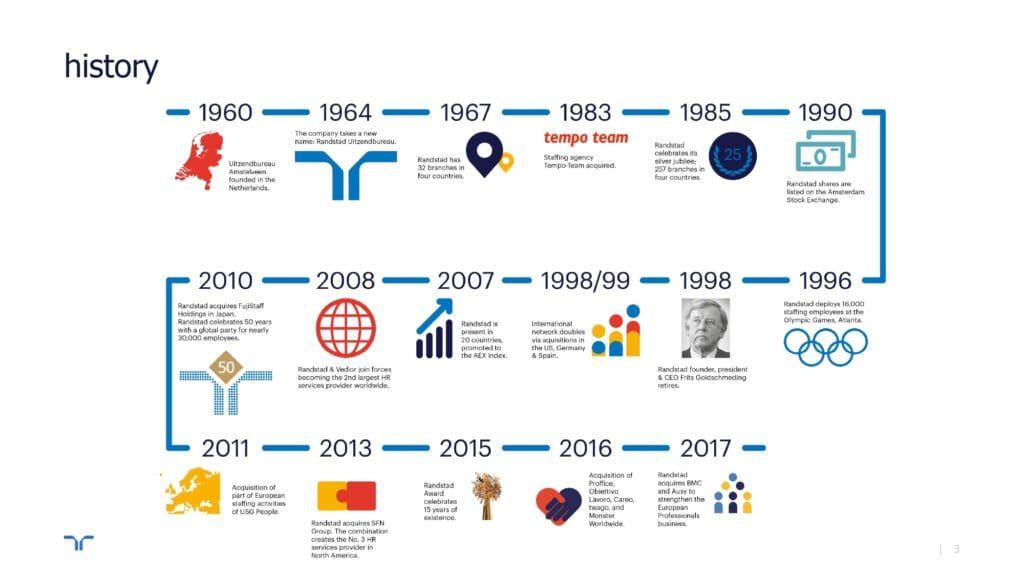
- The Netherlands is Turkey’s 10th trade partner in 2019. Total trade volume was US$ 8.5 bn (5.6% increase compared to 2018).
- Turkish exports to NL increased 14.4% to US$ 5.4 billion. NL remained Turkey’s 8th largest export market. Turkish imports from NL decreased 7% to US$ 3 bln. NL dropped two spots and became Turkey’s 16th import partner.

- 3214 firms with Dutch capital have established in Turkey since 1954. About 4.2% of all international companies are of Dutch origin.
- Netherlands invested $25.6 billion in Turkey between 2002 and 2019. This corresponds to roughly 15% of all international investments in Turkey.
- 3214 firms with Dutch capital have established in Turkey since 1954. About 4.2% of all international companies are of Dutch origin.
- Netherlands invested $25.6 billion in Turkey between 2002 and 2019.
- Netherlands ranks 1st country in terms of cumulative FDI. However, it ranks 5th in terms of number of firms following Syria (12,737), Germany (7,853), Iran (6,285) and UK (3,303)

Sectoral Break Down of Dutch Capital Firms:


